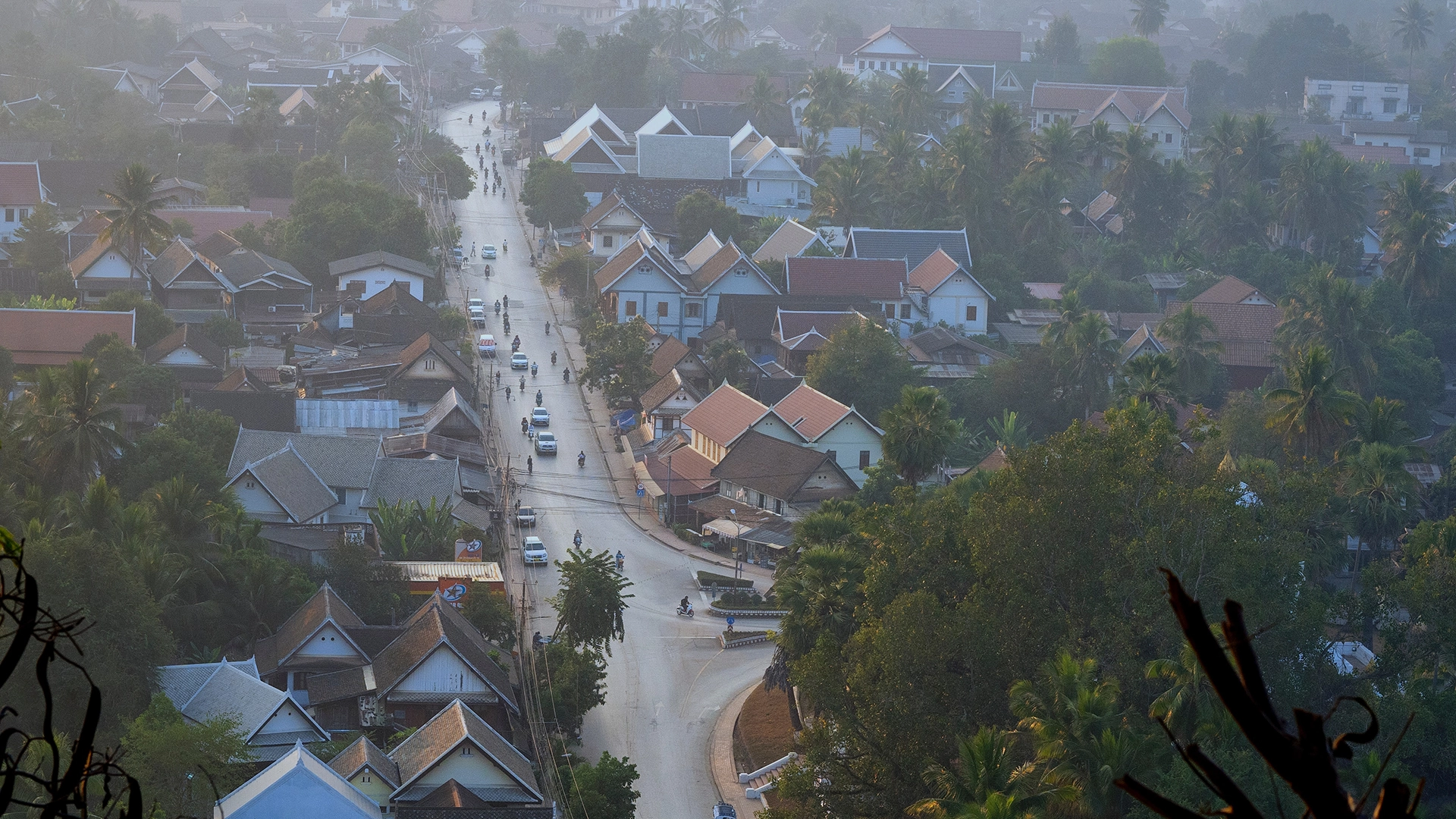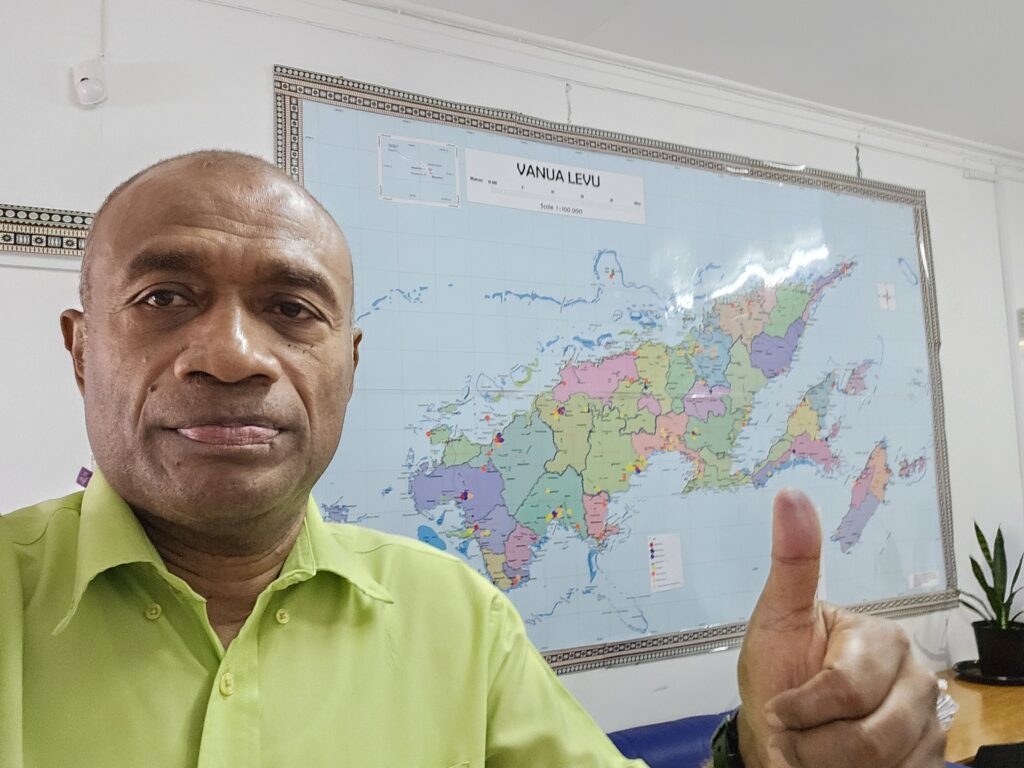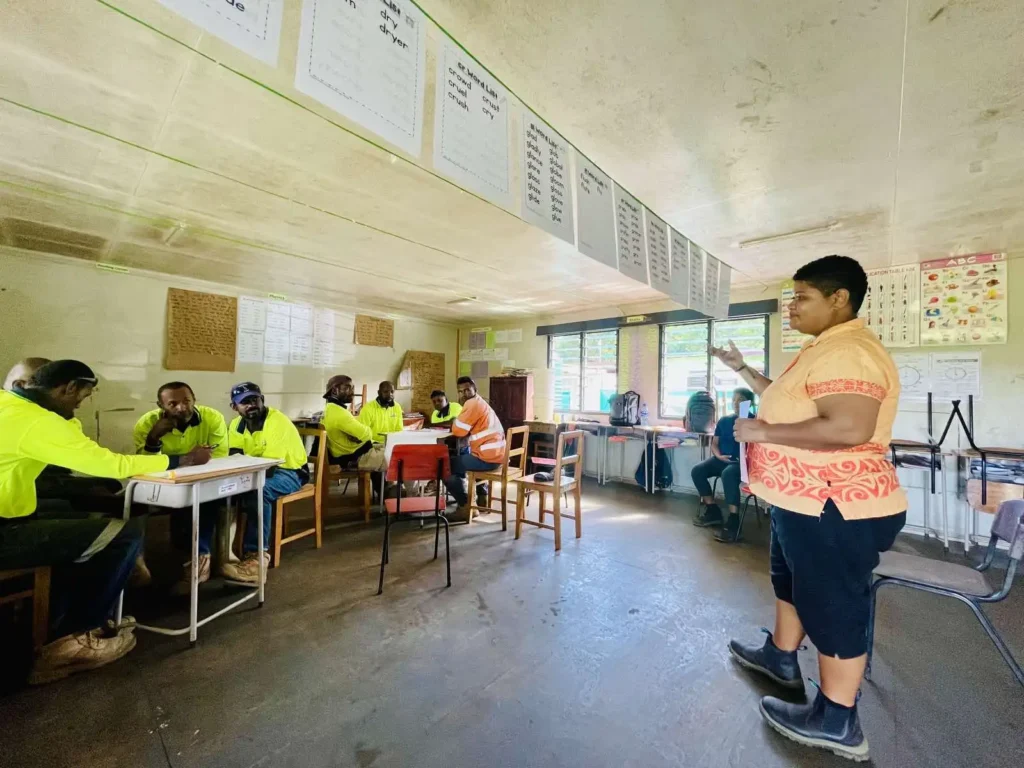
At the periphery of Asia’s rise are countries that have remained underdeveloped and isolated due to two common misfortunes – less favourable geostrategic location and poor governance. Indeed, even very small countries with only good governance and a strategic location – port-city Singapore for example – have truly transformed their societies. Those without such blessings, despite abundant resources – landlocked Laos for example – have achieved very little by way of comparison.
However, the tide can change. In the coming decade countries “on the periphery” such as Laos “only” need get their governance right because there are no longer disadvantageous locations in Asia. Laos is in a prime position to become a bridge connecting Thailand to Vietnam and China. The ability of underdeveloped countries to connect larger growth centres is becoming a significant competitive advantage. It is like the transformation of a destitute neighbourhood that sees a rapid rise in fortune as soon as a minimum threshold of good houses are built.
We can see the potential for transformation. Blessed with natural resources, Laos is one of the very few countries in Asia that is a net exporter of green energy (hydro and soon, wind and solar) to its energy hungry neighbours. There can also be a push towards the digital economy as energy supply/costs are stable and internet connections are strong. Adding to that are opportunities around nature tourism – untouched beauty surrounded by over-commercialised tourism in neighbouring countries.
Indeed, the curse of previous isolation has created opportunities for a new model of development that focuses on the green economy. Investments in tourism, green energy and the digital economy should now be prioritised. However, there remains an uphill climb. To get governance right requires the Laos government to shift its thinking in a way that promotes policies that can create macro-economic stability and lead to confidence for investors to feed off the ambition of its neighbours.
What will be the marker signifying success and an emergence out of isolation? The answer lies in the movement of youth in search of jobs. Youth in Laos have consistently voted with their feet by moving to Thailand to find better paid work opportunities. Unless new jobs with better pay are created, youth will continue to leave. And so, the land-links between countries by themselves are only the means to a higher end. The links will need to catalyse the creation of jobs within the country – ones that youth aspire to.



